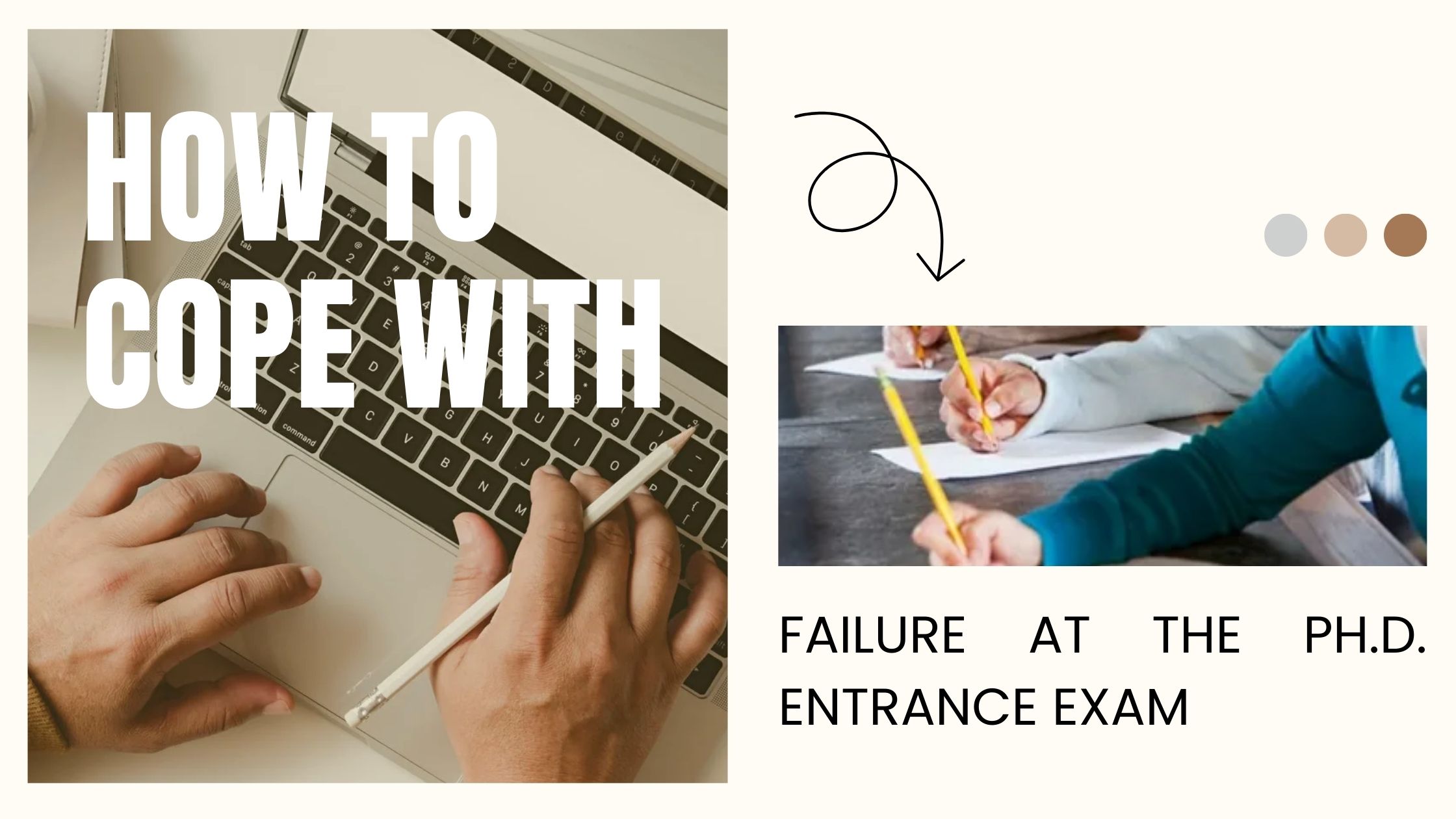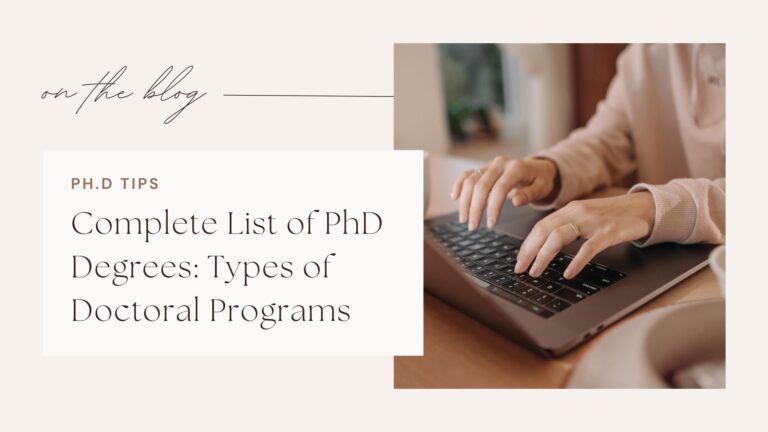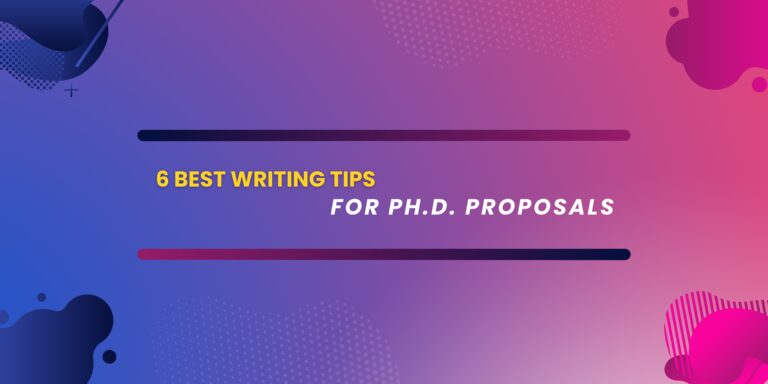How to cope with failure at the Ph.D. entrance exam
Everyone has failed at some time, and those who have taken admission examinations like NEET and IIT-JEE are particularly aware of the poor success rate in these tests. It makes sense that students who fail these exams feel overwhelmed and low on confidence. However, your educational aspirations continue unless you pass the admission exam. You may take charge of your education and improve your chances of passing entrance examinations using appropriate study techniques. You have the will-power and drive to ace your admission exam and fulfill your academic objectives. Keep going, even if this is something you need help with. These are steps on how to overcome failure in entrance exams.
Also Read: WRITING A RESEARCH PROPOSAL FOR YOUR Ph.D. INTERVIEW
1. Recognizing Your Positives and Negatives.
When you ask someone what to do if you fail an entrance exam, they will first advise you to recognize your strengths and weaknesses. This helps you decide where to concentrate your efforts and select the most effective study techniques. By being aware of your strengths and shortcomings, you may modify your study strategies to fit your demands. This may lessen tension and irritation while boosting your self-worth.
2. Speak to a guide/Mentor.
It is very disappointing to fail an examination, but hold onto your dream for now. It can be a good idea to discuss motivation tips with your mentor. Hearing things from someone else’s perspective can bring about a rush of confidence and help you plan your future. (If you need guidance on coping with failure in your competitive exams, Schedule a FREE consultation and get your queries answered. CLICK HERE to Schedule.)
3. Formulating a Plan of Action.
It is expected to feel discouraged and devoid of enthusiasm after failing the entrance examination. However, it is crucial to maintain your composure and have an optimistic outlook on the future. Create an action plan to assist and help you feel less overwhelmed and frustrated in your future studies. Creating an action plan may break down your objectives into smaller, more doable stages. You may feel more motivated and valuable, making concentrating and remaining on course when studying easier. The same plan is used in research work, and research guidance or professors’ advice is the same.
4. Having Reasonable Goals.
You may experience failure because you hold yourself to unreasonable standards. It is better to evaluate your situation and set reasonable goals for these situations. You may pinpoint your areas of weakness and concentrate your efforts on what matters most by setting reasonable goals.
5. Seeking guidance from classes.
Knowing when to stand back and ask for assistance is crucial. You may make the most of the tools and discover how to overcome entrance exam failure by asking for more assistance. It can also help you discover new approaches to learning and studying and provide support from those who have experienced similar circumstances. Additionally, you may pick up new study strategies and tactics that can enable you to get over your fear of failing. Additionally, you may learn more effective time management techniques. Hence, Ph.D. entrance coaching and other coaching classes help here.
6. Finding the right motivation.
Motivation is relatively ephemeral and fades quickly when faced with setbacks. It is simple to get hopeless and experience self-doubt and depression. Finding the will-power and will to press on and maintain your optimistic outlook on the future is crucial, though. Getting the drive and resolve to keep going might help you regain control over your academic career and overcome disappointment and frustration. You may be optimistic about the future and work for new academic objectives by finding the drive and tenacity to overcome failure.
7. Prepare for re-exam.
It is time to put your strong attitude into practice now that you have developed it. How do we go about doing that? Yes, getting ready! Make sure you are studying in a distraction-free, peaceful setting. Additionally, make sure your phone is silent or turned off. The most incredible method to review what you have learned is to teach it to a friend; this will help you remember it for longer. Enhancing memory can also be significantly aided by a nutritious diet and consistent exercise. Concentration can also be enhanced by meditation.
Also Read: ROADMAP TO APPLYING FOR A PH.D.
If you need help other than these tips, you can contact me. (Also, check out my book, ‘A Guide to a Topic Selection Journey for First-time Researchers: ZEROING IN ON A RESEARCH TOPIC‘ )






